Adventures in Antarctica
Jeremy Lee is a PhD candidate in the School of Earth Sciences and he recently spent time in Antarctica to conduct fieldwork.
Last summer, I was invited down to Northern Victoria Land in Antarctica for fieldwork related to my PhD project. This was an incredible opportunity to explore the most enigmatic continent on Earth. I stayed at the German-owned Gondwana Station, one of the smallest stations on the continent which is run by the Bundesanstalt für Geowissenschaften und Rohstoffe, or in English, the Federal Institute for Geosciences and Natural Resources.
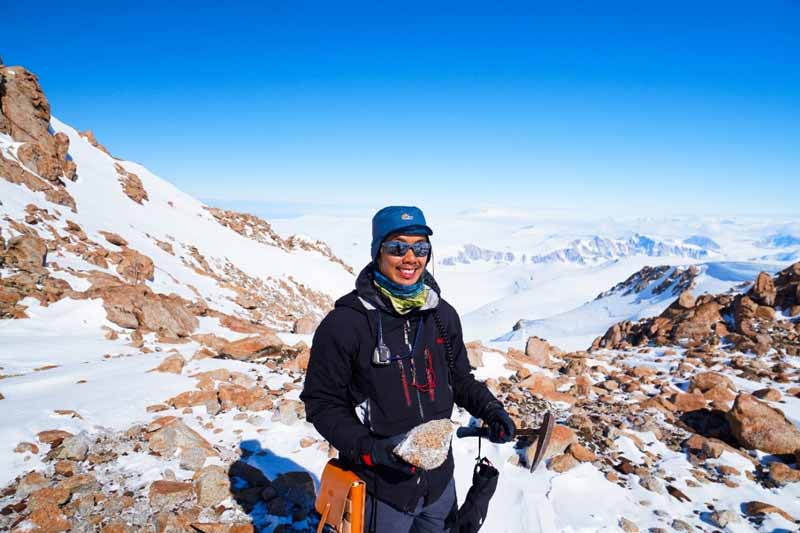
After landing on the sea ice in a C-130 Hercules aircraft, a quick skidoo ride brought the team to our home for the summer. On the way in we were confronted by soaring icebergs and Weddell seals, the views were constantly overwhelming, and I knew immediately that I was going to have a great time down here. Our accommodation consisted of a polar pyramid-style tent, which was actually quite cosy even out in the cold and windy conditions. It meant that we were fully immersed in the Antarctic environment, preparing us for long days out in the field to perform our scientific work.
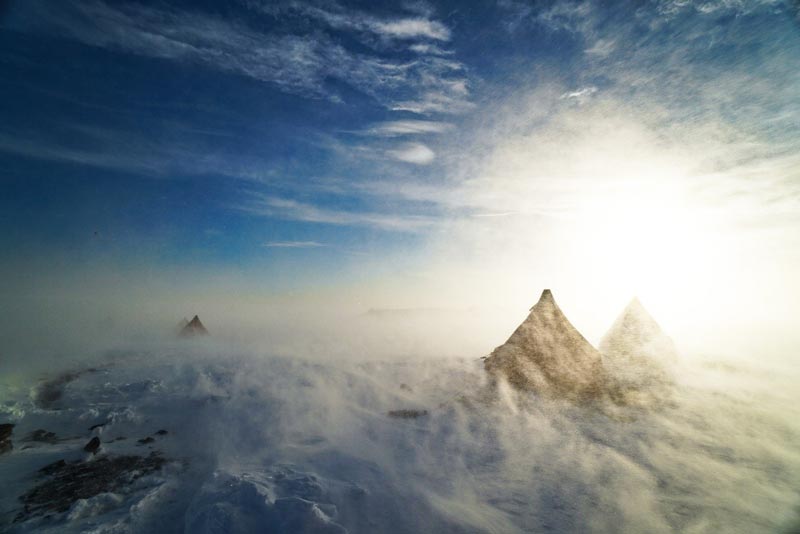
Our team consisted of 17 people – a mixture of geologists, mountain field guides, logistical support and helicopter pilots. Our days in the field involved flying in a helicopter to different spots throughout the Transantarctic Mountains to look at the rocks and take samples to bring back home. The scenery was simply spectacular – soaring mountains rise out of deep gorging glaciers, the clouds constantly flutter, and the wind brings in shrouds of mystery. Flying around this kind of landscape was truly an experience of a lifetime and not one that I will forget soon.
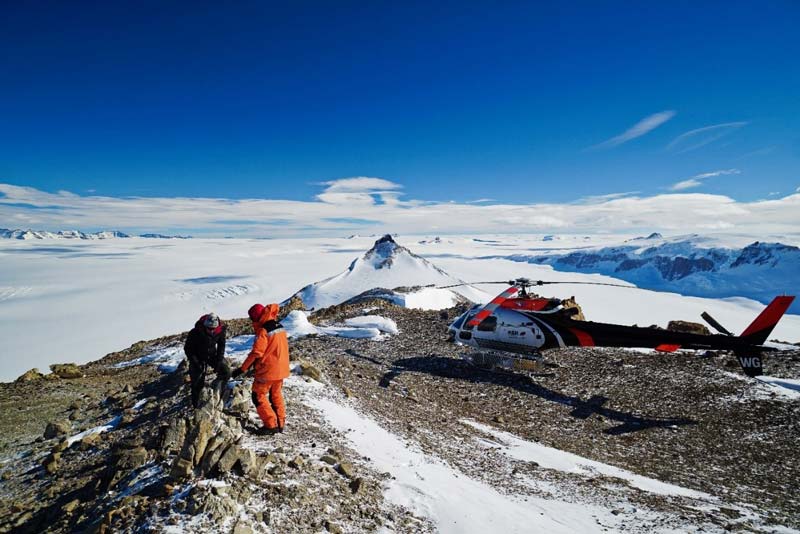
My research looks at the evolution of the supercontinent Gondwana, a giant landmass that existed hundreds of millions of years ago. Using geochemical data, I will compare some of the rocks in Antarctica with similar rocks in Australia to try and understand how these continents were once pieced together, and how they have changed over time. To do this I have brought back more than 350kg of rock samples to analyse in the labs at the university, where I will determine their age and isotopic signatures.
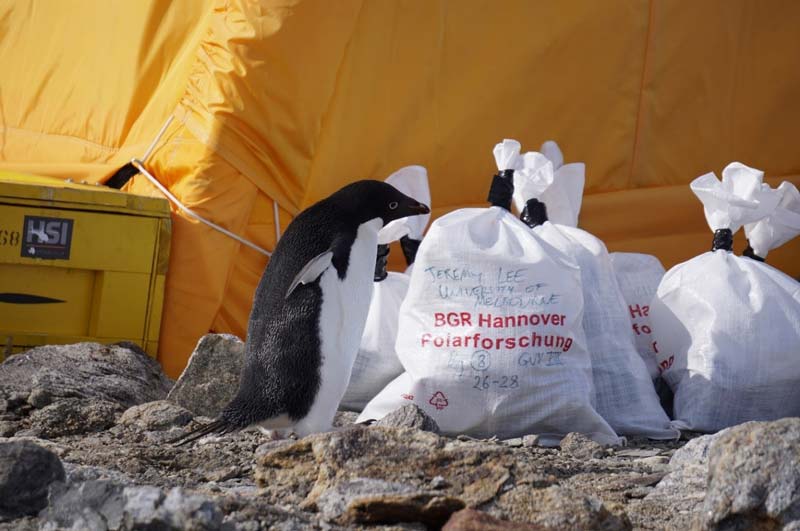
Being a geologist is often an exciting adventure. We get to explore some incredibly remote locations that few people ever get to step foot on. Overall it was an amazing experience that I would recommend to any budding scientist or keen adventurer. The landscape is unlike anything else on the planet and the continent’s natural beauty is right off the scale.
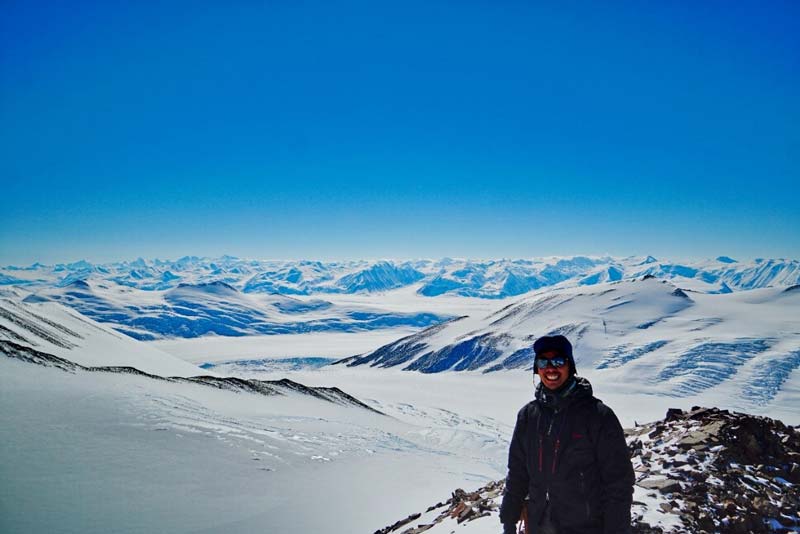
Find out more: